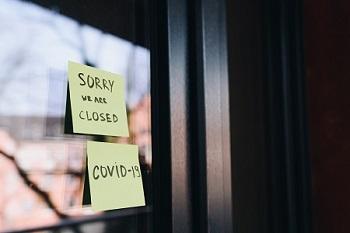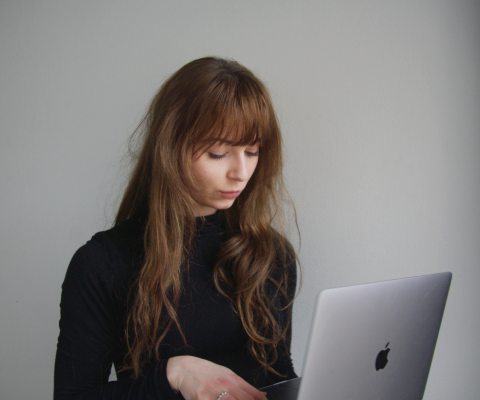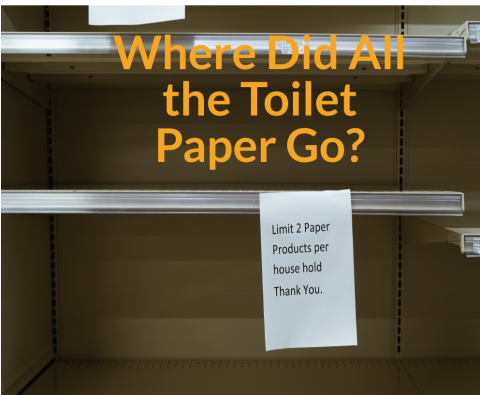ADAA Mental Health Blogs for the Public
As many in the United States (US) stay home and practice social distancing to protect themselves from COVID-19, individuals from lower socioeconomic status (SES) backgrounds face heightened barriers and risks.
What if you have the kind of anxiety that makes you feel trapped and panicky because of the stay at home orders due to COVID-19? While there are some whose anxiety disorder might find it a relief to have to stay at home and engage in social distancing, there are many for whom this situation creates a special nightmare. This nightmare occurs for several understandable reasons. First, many people with panic disorder feel safer when they know they have easy access to emotional support and physical safety.
Coronavirus has turned our world upside down. Many businesses that typically require being present in person are shut down and unable to operate. Everyone is aware that in most places across the country right now, you can't do things like eat out at a restaurant or go to a nonessential doctor's appointment.
Hoarding behaviors range from the normal (i.e., acquiring and saving items we do not need and/or will not use) to the clinically diagnosable (i.e., having areas of your home that are not usable due to clutter). Most of us fall somewhere on this continuum. In times of crisis, humans and other animals can have an increased drive toward hoarding behaviors. However, these efforts to secure material resources can be problematic to the individual and our community.
Parents can't be constant companions, teachers or saints at this time. You can be enough.
Each of us is facing the challenges of the COVID-19 pandemic that impact our ability to respond effectively. Some of us are facing severe financial costs, heightened risk due to age or physical conditions, experiences of racism and other forms of discrimination, systemic inequities and injustices that make every adjustment more challenging and threatening, psychological challenges that heighten the impact of anxiety and isolation, jobs that require them to put themselves at risk, or the challenges of caring for ourselves and others alongside other demands.











